There has, of course, been only one topic that has dominated everything else over the past few weeks. This article provides some initial thoughts on how the pandemic might affect agriculture and the wider economy.
Short Term
- The Consumer: Supermarket shelf-stripping has been a consequence of both panic buying and a requirement to replace the food usually purchased via food service, restaurants, coffee shops etc. Consequently, the demand from retailers for most goods including milling wheat for bread and biscuits has rocketed; the broiler kill rate has gone up sharply and the demand for other meats has also increased. Total food requirements should not change overall, but it is taking a while for these supply lines to re-route to where the food is needed.
However, eating habits in the home differ from the restaurant or food service. With no eating out, consumption of expensive cuts of beef and lamb and ‘top-end’ cheeses such as Stilton have fallen sharply. We would expect more demand for chicken and lower priced pig and beef meat for burgers and sausage style foods. - Prices: Commodity prices move when demand and supply are not aligned. Expect some volatility. Overall trends may take some time to establish according to how the supply chain manages the flow of goods and how the consumer changes their habits. However, an added challenge for the UK agri-food sector is the near disappearance of the food services segment due to the lockdown. This has meant that demand for some products (e.g. steak meat) has imploded and whilst retail demand has increased for some products (e.g. mince), this does not adequately compensate for the loss of value in steak meat. As a result, beef prices have been falling. Similar trends are also affecting the dairy sector where the loss of food services and catering trade is having a major negative impact on spot prices, with prices as low as 15ppl reported.
Medium Term
- The Farmer: Farmers are relatively good ‘self-isolators’ already. Most should be able to ‘carry on farming’ with the majority of farms operating as usual as long as supplies get through. However, staff absences could lead to livestock welfare issues and diversified business’ dependent on general public foot fall could be hard hit.
- Farm Workers: Access to casual migrant labour is going to become a big issue if travel bans remain in place over the summer. Appeals have started to go out for British workers to work on farms, both locally and nationally.
- Supply Chain: Many food processing operations are labour intensive and cannot be done at home. The flow of cash has also already slowed, with many firms hoarding cash and not paying each other. Expenditures that are not short-term-critical are also being postponed. Profitable businesses unable to turn their profits into cash will struggle in coming weeks and months. Some supermarkets have committed to pay small manufacturers more quickly than usual.
- Trade: Cross-border restrictions do not apply to goods. However, some supply-chain glitches are already emerging, people going into self-isolation, shipping containers not where they are supposed to be etc. Whilst bulk imports are still available, smaller items such as minerals and medicines are showing signs of delays.
Long Term
- Policy: The severe shortages of food availability in the shops, and the images of desperate panic-buying shoppers might encourage Defra, and Government more widely, to rethink its policies on food security. Might Defra consider that more home-produced goods could be a strategic benefit?
- Supply Chains: Following the horsemeat scandal of 2013, some food supply chains decided to shorten their linkages, sourcing from fewer and more local outlets. Perhaps this will do the same.
- Wider Economy: The Bank of England has cut the interest rate down to an all-time low of 0.1%. It will also embark on another round of quantitative easing. These measures, along with the rising Government debt, and a flight to the ‘safe haven’ of the Dollar have all seen the Pound weaken. In the short-term, weak Sterling is good for farming. Longer-term, it tends to be inflationary across the whole economy. Industries will also look towards Government to support the rebuilding of the UK economy when this calms down. This could be a huge cost, and hinder investment.

















